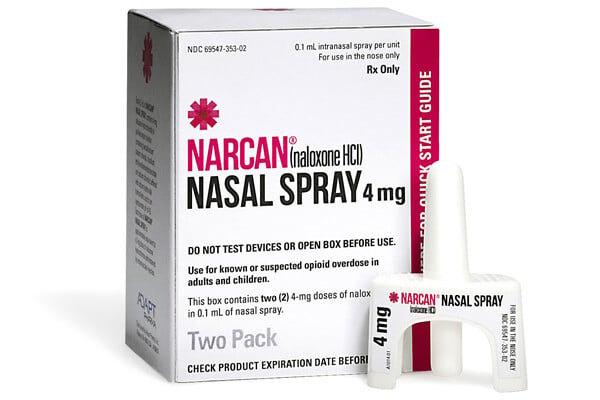
Let's Be Clear:Law Enforcement & First Responders
- Professionals
- Law Enforcement/First Responders
First responders and law enforcement officers often deal with substance misuse in its most tragic and difficult forms, from overdose incidents to legal infractions. It’s understandable that these situations take a toll on officers, along with shaping their view toward individuals living with substance use issues.
But together, we can reframe the conversation around substance use to one of support and recovery, linking people with the help they need. Keep reading to learn how law enforcement and first responders can be better prepared to recognize when someone needs help and confront any stigmatizing practices that exist in the course of working with individuals with substance use issues.
Combating Stigma
We all carry bias and stigmas that we may not realize. In your profession, you can help stop stigmas by using person-first language and recognizing discriminatory practices. Learn more about language best practices to reduce stigma.

How Officers & First Responders Can Help
Stay educated on types of substances, their risks and what to look for in an individual who might need help:
- Bloodshot eyes or bloody noses
- Shakes, tremors or slurred speech
- Changes in behavior and mood swings
- Sudden irritation or extreme anxiety
Carry educational materials and work with local providers to help link individuals to help and treatment resources. Share the 988 Lifeline for free, confidential help.
Law enforcement personnel should be trained on using naloxone and keep it on hand for emergency situations. Know the signs of an overdose, and be prepared to respond, especially during holidays and large community gatherings.
Because their jobs can be stressful and traumatic, first responders and law enforcement officers are placed at a higher risk of substance use disorders and mental illness themselves. Ensure you have healthy ways to cope including exercise, counseling, support programs and time away from work. Save the 988 Lifeline to your contacts in the event you need to talk or are concerned about a colleague’s wellbeing. Access resources available through your Employee Assistance Program, or reach out to your Department Chaplain if one is available through your employer.
South Dakota Substance Use Data
Find key data and trends on opioid use, overdose deaths and statewide intervention metrics.

Naloxone for South Dakota First Responders
Through the South Dakota Naloxone Project, you can access free training and education for hospital staff, first responders and law enforcement. Learn general treatment, safety recommendations and how to reverse and overdose.


